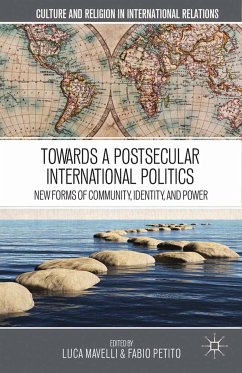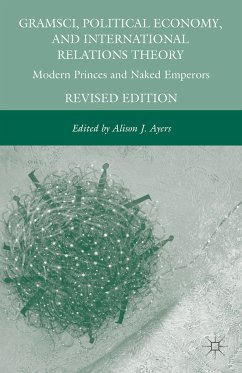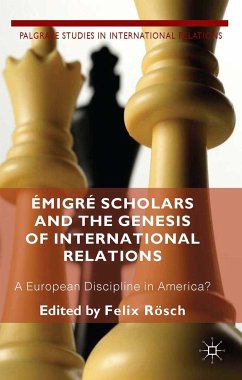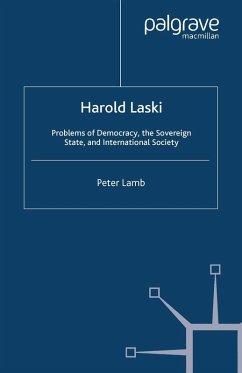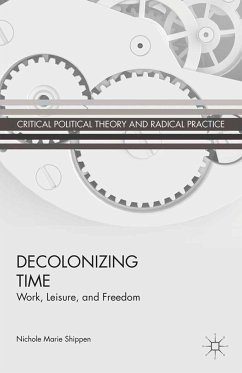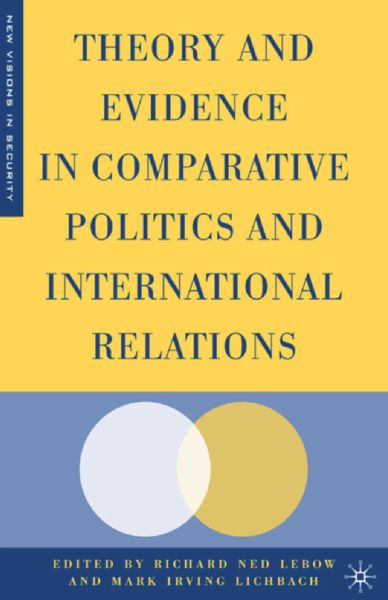
Theory and Evidence in Comparative Politics and International Relations (eBook, PDF)
Versandkostenfrei!
Sofort per Download lieferbar
40,95 €
inkl. MwSt.
Weitere Ausgaben:

PAYBACK Punkte
20 °P sammeln!
This book explores the epistemology and the methodology of political knowledge and social inquiry: what can we know, and how do we know? Contributing authors offer answers, addressing the purpose and methods of research and analyzing concepts, including the relationship of theory and evidence and the importance of medicine to social science.
Dieser Download kann aus rechtlichen Gründen nur mit Rechnungsadresse in A, B, BG, CY, CZ, D, DK, EW, E, FIN, F, GR, HR, H, IRL, I, LT, L, LR, M, NL, PL, P, R, S, SLO, SK ausgeliefert werden.





